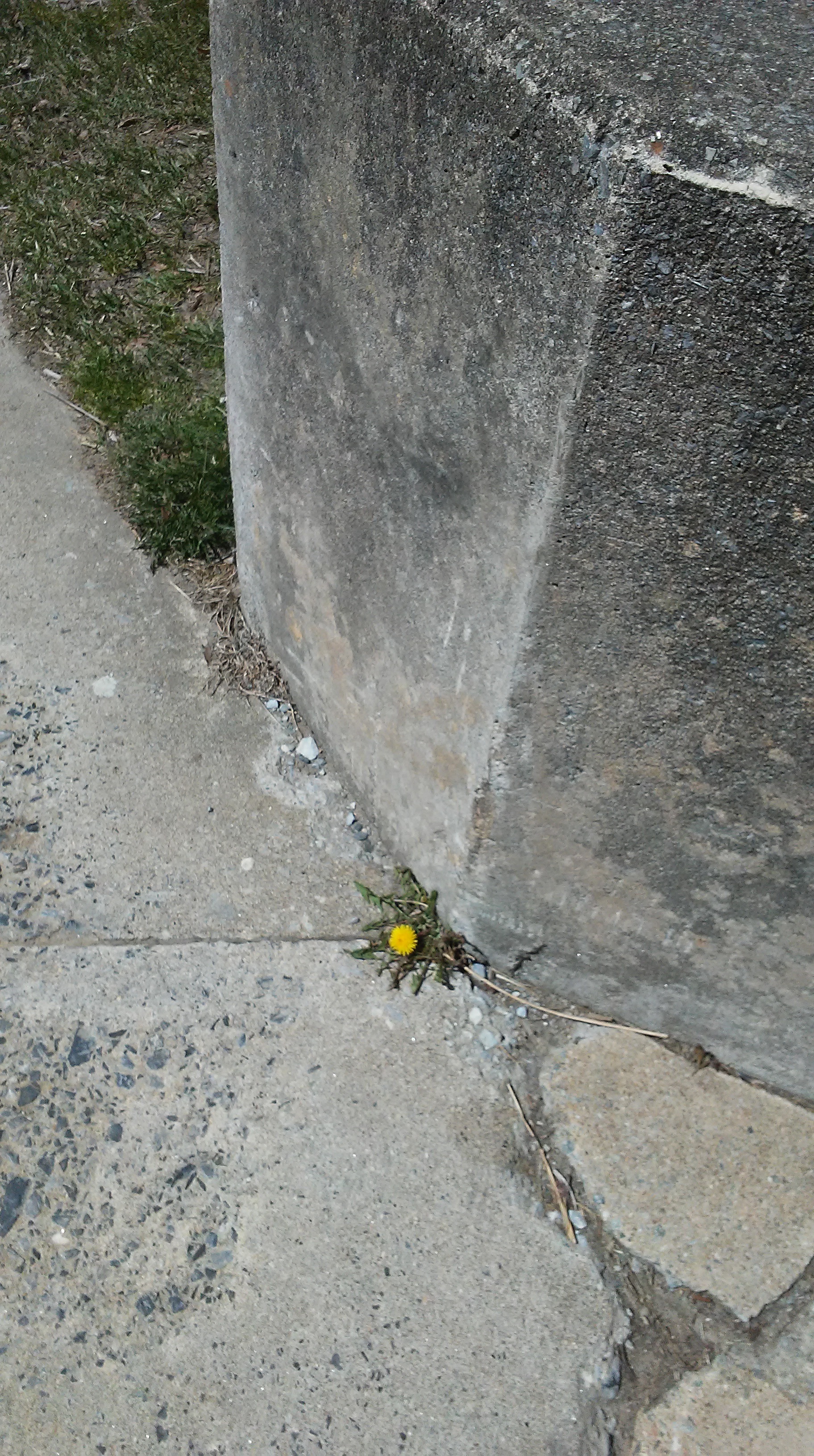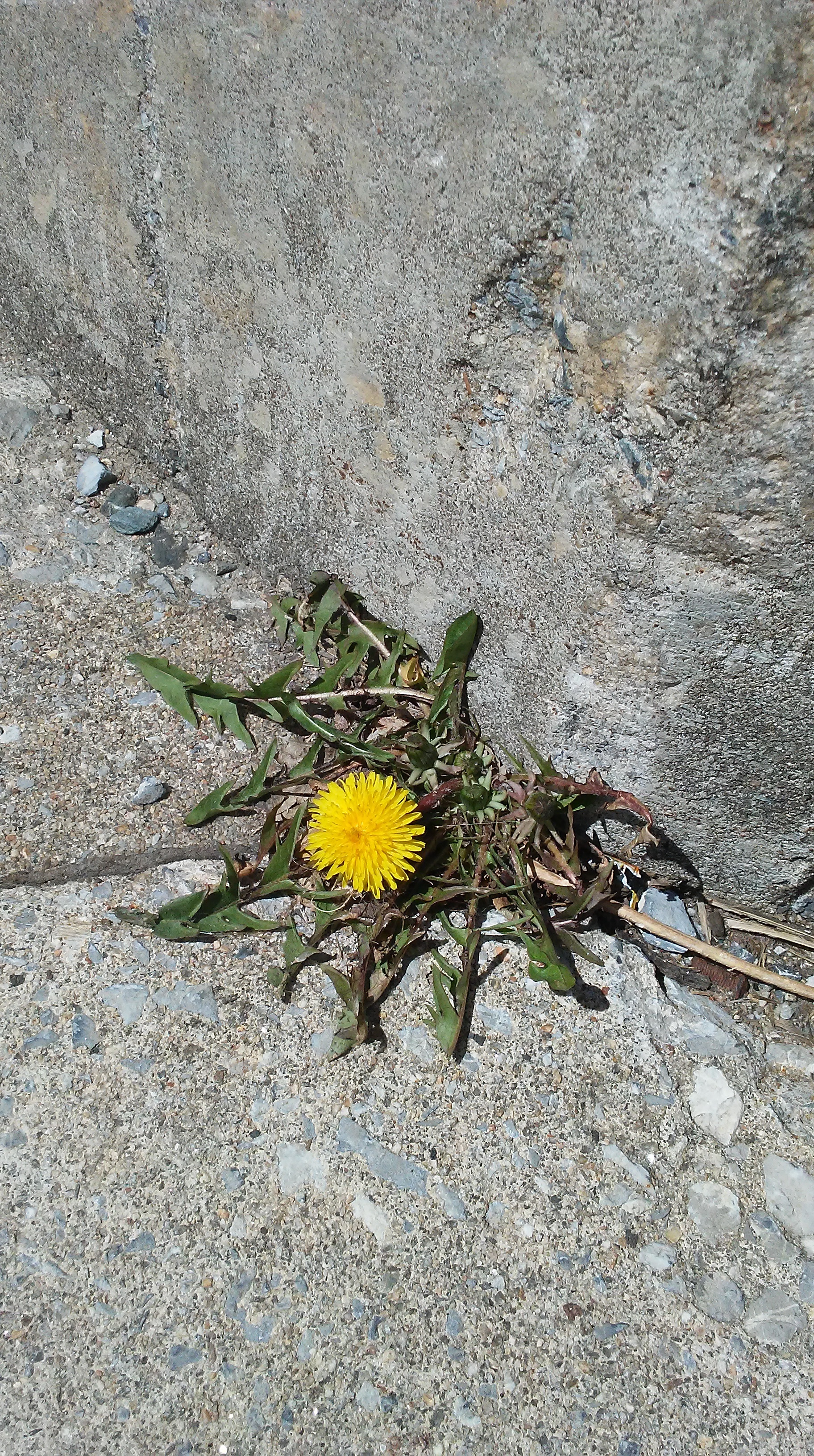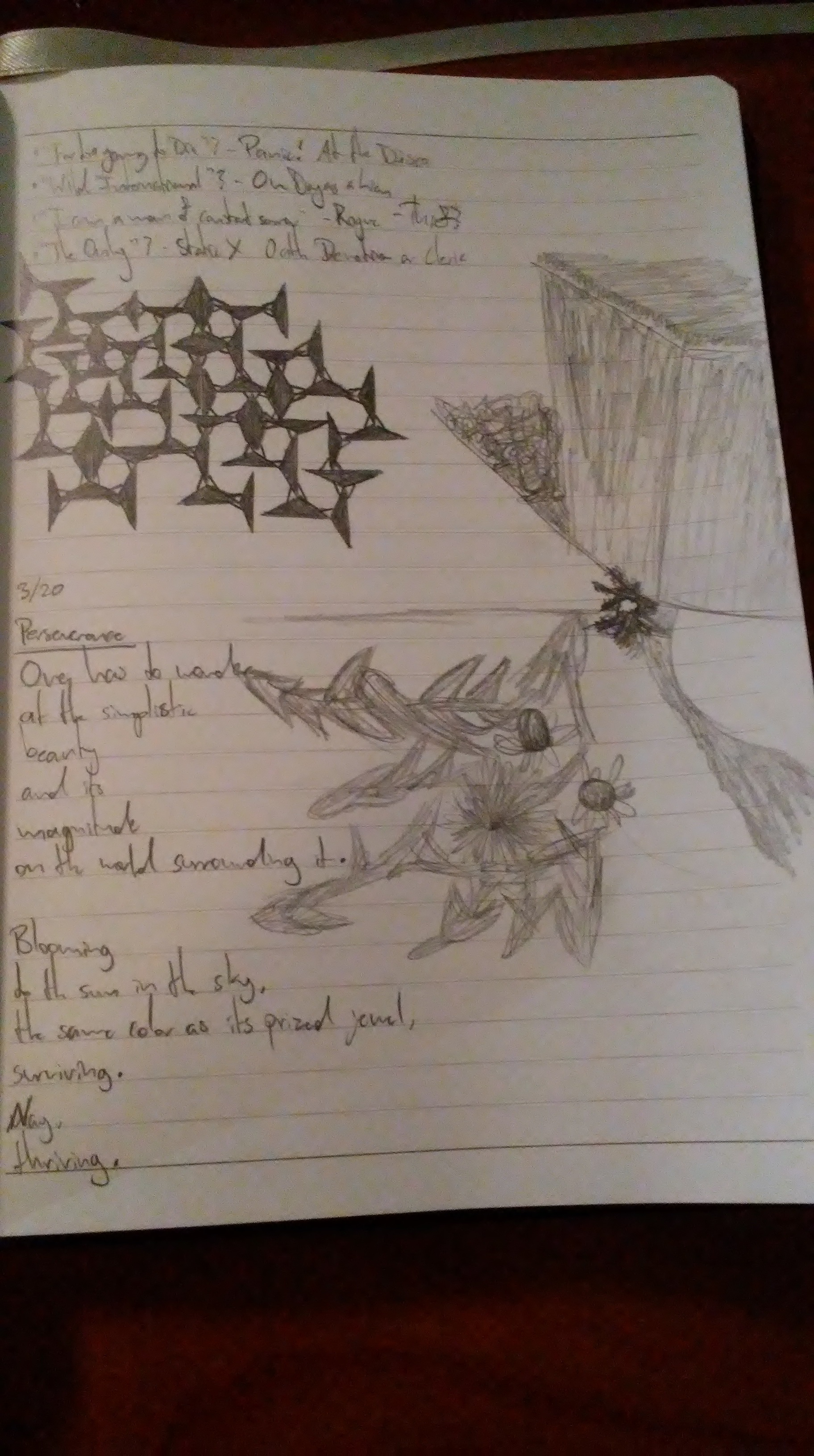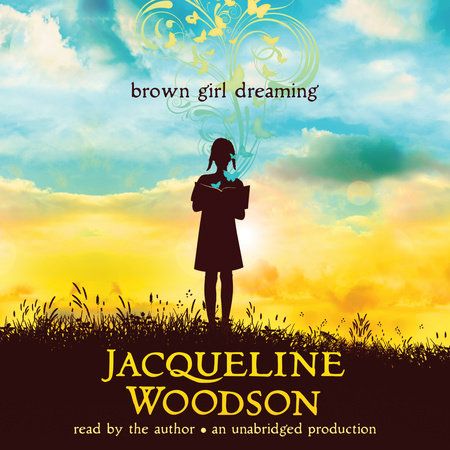This past week has been a difficult one and I am sorry that my blog post has been delayed by a few days. I really don’t know what to write this week, which has been a part of the problem. I will share another lesson plan draft that can be used in the classroom to help engage students in the joys of writing. I will also share my experiences with creating “Six Word Memoirs” which I found very fun and challenging (in a good way). I also finished another draft of a “Where I’m From Poem” so I will probably end the post with that just to add some content.
Here’s the lesson plan:
Selecting the Important Details
Mentor Text: Happy Like Soccer (Maribeth Boelts, Lauren Castillo)
Hook: Read Happy Like Soccer and discuss the main events of the story and how the author moves the reader through time efficiently. This story takes place over a few weeks so there’s no way everything could be written about!
Purpose: “Today we are going to learn a new method to help us focus in on the really juicy parts of our stories. To do this we are going to use transition words and phrases to move our readers through the story’s time”
Brainstorm: As a class, brainstorm a list of transitional language that the students are probably familiar with. Examples could be then, next, after, first, finally, etc. Next, have the students work in small groups looking through other books that could provide additional ways in which authors move the reader through time. Let them add their findings to the list. Some examples could be that night, the next morning, a year later, the next month, etc.
Model: Hold a brainstorming session in front of your students as you think of ideas you’d like to write about. This is a model so just have the students watch for now.
Ex. Trying to organize the weekly D&D session, the journey to work after it snowed, that time I fell through the ice in Canada
Once you’ve thought of a few, choose one and create a working title. Write down all of the details that you can think of surrounding this event, including details that are not important to your topic.
Breaking Through:
– Went to church in the morning – after church my friend Andy came over – Johnathan went to Caleb’s house – we ate lunch – we decided to go outside into the ravine behind our house – put on our winter gear – rolled under the fence – we went down to the drain pool and started throwing rocks out onto the ice – the big ones went through, most of the small ones didn’t unless they landed near the middle – we talked about walking out onto the ice but decided not to – we were afraid the ice would break – I threw the biggest rock I could out onto the ice – it didn’t break the ice – I walked out to grab it so I could throw it again – the ice cracked and I fell in – Andy pulled me out with a stick – we went back to the house – I went inside while Andy hid – Mom realized what happened and started yelling louder than I have ever heard her yell before – Dad convinced her to let me come inside and take off the soaked clothes and that she could yell at me once I warmed up – I went to take a hot shower while Andy was coaxed out of hiding –
Tell the story orally, including all of the details that you listed. When you’re done, ask the class if the story made sense, was interesting, and if all the included details were necessary. Have the class help you identify which details are important and which can be removed. The result should be a faster and more engaging story. Retell the story, but use the revised list of details, and include some of the words from the transition list.
Guided Writing: Due to the interactive nature of the modeling, many students may not need a guided writing exercise. If you feel that doing a guided writing is necessary or beneficial, you can do a shared writing on a common topic such as the trip to school each morning, or what happens at lunch, or a birthday.
Independent Writing: Have the students return to a writing piece that they have started and revise it to focus in on the important details and remove the unnecessary ones. Remind them to use transition words that help move the reader forward through the story.
Hopefully this lesson will help students get out of the “bed-to-bed” narrative style. Be prepared for some high-quality and engaging writing pieces in the future!
Now on to the six word memoirs. As I mentioned briefly, I really like this idea and had a fun time with it. I only managed to finish a few, but I plan to write many more. Here they are:
Home’s a wandering house taming horizons.
Once more family! Into the breach!
Only one way to find out.
My home is a wandering house.
That’s so weird. Let’s try it!
If you haven’t tried writing these, I highly recommend it!
Now here is my latest draft of my “Where I’m From” poem, which will also count as my weekly poem (I know, it might seem lazy, but look at what I called this blog) so enjoy!
Where I’m From
I’m from plastic wars waged among the blistering dunes of the sandbox, the lush jungle of the garden, the felt plains of the carpet, and the ragged cardboard metropolis.
From daily 200 foot marathons ran between our backyards, the familiar distance shrinking each year and arguments over whose fort was better.
I’m from a 5 person combat and adventure squad, Isaac and Julia filling out our ranks and watching our backs. Brandishing our staves and swords of stick we cut down the twisting foes of the sentient jungle. Fortified behind wintry ice walls we engaged the freezing enemies of the invading winter forces.
I’m from the small brick neighborhood school midway down a snaking country road, a 15 minute bus ride there, and 45 minutes back home.
From a backyard garden housing corn, sunflowers, pumpkins, cucumbers, and more. Grunting pigs in a pen shaded by Oak, Walnut, and Apple trees greeting Buddy snout to nose each morning, all tails wagging.
I’m from the front door that we rarely used acting as the center of a compass rose, each direction pointing to a different farm animal within sight.
From the creaking of stairs older than some of the trees groaning under our pounding feet, and the gentle, clinking swish of a pile of LEGOs spread out on the floor between us.
I’m from lightning bugs in mason jars caught on an evening where you can just barely see across the yard, everything a faint grayish blue, the perfect end to a day under a summer sun hot enough for a flooded sandbox or water war, but not hot enough to send us inside.
From parents saying “Here am I, send me” and an impossible trip over the bridge.
I’m from a permanent home, but a nomadic house.
From sledding in the backyard and using the frigid morning air and two fingers to smoke fake cigarettes waiting for the car to warm.
I’m from half-flooded, half-frozen school hallways, the Zhwip-Zhwip-Zhwip of running snowpants, and refreshing ice-cold tap water.
From a perfectly wrapped donated coat for Christmas, our parent’s beleagured eyes glistening on the ornaments, only partially masked by the fire’s smoky, flickering reflection.
I’m from learning to skate 6 weeks after moving and 2 weeks before my first Hockey game, and many nights afterwards spent on the frozen surfaces of The Bay or neighborhood backyards.
From the long-awaited Spring Thaw arriving in May, revealing dog turds, little unwanted gifts, and leaving behind blackish-gray mountain ranges of snow in parking lots that cast shadows sometimes into July.
I’m from walking to school with friends, taking the shortcut across the tracks. The smell of cigarettes and weed indicating the “secret” spot along the path. We ignore the pathetic chainlink fence erected to keep us out, to keep us from dying like so many before us have.
From sleepless nights with Bernie spent in the basement tasting the crispy saltiness of fresh kettle-popped popcorn, enraptured by Corner Gas. From Dad’s “Front seat sermons” on long car drives, medium car rides, or even just errands across town.
I’m from moving again. Driving back over that bridge, leaving behind everything we worked for in order to pick up a new accent and learn a culture I had forgotten.
From the sweat-stained Rugby pitch marking me State Champion and melting skin under evil, hateful, scorching summer suns.
I’m from the cool mountain rain carried on gusts of wind felt by my ancestors exploring the next horizon. Finding and defining my purpose in life while striding forward towards the peak shrouded in mist.
From dreams, hopes, and prayers for a life of grandeur and meaning.
I’m from my past unchangeable, and the future is mine to write.









